Dating today isn’t the same as it used to be. The modern dating world is a tricky landscape where you’re swiping left or right, searching profiles online, hoping you’re not being catfished, and learning that the person you’ve been talking to didn’t represent themselves with honesty. Because it’s a challenging venture, some people turn to dating coaches and therapists for guidance.
Despite what you may have heard, a dating coach isn’t a therapist and a therapist isn’t a dating coach. They have independent roles when it comes to relationships. Whether you need a dating coach or a therapist depends on your situation. By understanding the differences between these roles, you’re in a better place to get the support you need.
What Is a Dating Coach?
You know the role of a coach on a sports team, right? A dating coach is a coach for dating and relationships. The goal is to improve your self-confidence and self-esteem, navigate new romances, and master the best dating techniques. Through role-playing and modification of past behaviors, you’ll learn:
- How to approach and attract potential dates.
- Tips for arranging the first date.
- How to hold meaningful conversations.
- Ways to behave and not to behave during a date.
- How to know if a person isn’t the right fit.
- Tips for flirting and going from the first date to becoming intimate.
All of this is just for dating and the move towards intimacy. A dating coach is a short-term approach for getting into or back into the modern dating world.
A dating coach does not have to be certified. You may find certified coaches, but it’s not required in the U.S.
What Is a Relationship Therapist?
That’s a brief look at what a dating coach does. How does a relationship therapist differ? First, a relationship and marriage therapist usually has to be licensed in some form of marriage and family therapy and counseling.
State requirements vary, but most require you to graduate with a degree in marital and family counseling, thousands of hours of supervised work with clients, and passage of an exam. Many states have a two-stage license where you start as an associate and then after completing the supervised hours pass an exam and move to an official therapist who still has to undergo additional months of supervision.
After licensure and supervised therapy sessions, relationship therapists have to also complete a specific number of hours of continuing education to get their license renewed. Those requirements are:
- Alabama – 40 hours every two years for an LMFT license, 20 hours for an Associate license
- Alaska – 45 hours every two years
- Arizona – 30 hours every two years
- Arkansas – 24 hours every two years
- California – 36 hours every two years
- Colorado – 40 hours every two years
- Connecticut – 15 hours every year
- Delaware – 40 hours every two years
- Florida – 30 hours every two years, but exempt on your first renewal
- Georgia – 35 hours every two years and 5 hours must be in ethics
- Hawaii – 45 hours every two years and 6 hours must be in ethics
- Idaho – 20 hours every two years
- Illinois – 30 hours every two years
- Indiana – 30 hours every two years for an Associate and 40 hours for an LMFT with that time cut in half if your first renewal happens before you’ve been licensed for 24 months
- Iowa – 40 hours every two years
- Kansas – 40 hours every two years
- Kentucky – 15 hours every year for an LMFT and 10 hours for an Associate
- Louisiana – 20 hours every two years for a PLMFT or 40 hours for an LMFT
- Maine – 55 hours every two years
- Maryland – 40 hours every two years
- Massachusetts – 30 hours every two years
- Michigan – No requirement
- Minnesota – 40 hours every two years
- Mississippi – 24 hours every two years and 4 hours must be in ethics
- Missouri – 20 hours every two years
- Montana – 20 hours every year
- Nebraska – 32 hours every two years and LIMPH and LMHPs must have 2 hours of mental health ethics
- Nevada – 20 hours every year
- New Hampshire – 40 hours every two years
- New Jersey – 40 hours every two years
- New Mexico – 40 hours every two years and 6 hours must be in ethics
- New York – 36 hours every two years
- North Carolina – 20 hours every year
- North Dakota – 30 hours every two years
- Ohio – 30 hours every two years
- Oklahoma – 20 hours every year
- Oregon – 40 hours every two years
- Pennsylvania – 30 hours every two years
- Rhode Island – 40 hours every two years
- South Carolina – 40 hours every two years and 25 hours cannot be online
- South Dakota – 40 hours every two years
- Tennessee – 10 hours per year
- Texas – 15 hours every two years for Associate and 30 hours for LMFT
- Utah – 40 hours every two years
- Vermont – 20 hours every two years
- Virginia – 20 hours every year
- Washington – 18 hours every year for Associate and 36 hours every two years for LMFT
- West Virginia – 36 hours every two years
- Wisconsin – 30 hours every two years and 4 hours must be in ethics and professional boundaries
- Wyoming – 45 hours every two years
The reason for the educational and clinical supervision requirements is because a therapist specializes in mental health. They help people work through issues that impact relationships, such as:
- Past relationship trauma
- Negative, harmful patterns
- Emotional issues that impact relationships
- Improving communication skills
- Lack of intimacy or passion
- Continual arguments
How Do You Know Which Relationship Service Is Best for Your Needs?
You may need both a dating coach to start and a relationship therapist once you’re entering into a long-term relationship or marriage. The key to remembering which is best is whether you need help getting started with dating or if you’re struggling to remain in a relationship due to emotional issues or past trauma in a relationship.
Remember dating coaches are for successful dating. Therapists help you maintain a relationship you’ve entered and want to make a long-term success.
The Relationship Expert is a licensed clinical social worker with a BA in psychology and a Spiritual Psychology certificate. You may have seen or heard Jaime on KTLA5, WPIX 11 News, LATV, and WGN Radio Chicago.
She’s an expert in dating success and maintaining healthy relationships as a couple. Jaime helps daters and couples with services that include dating coaching, couples therapy, and marriage counseling. Schedule a complimentary 15-minute consultation as a new client and learn more about how she can help you with dating and relationships.






